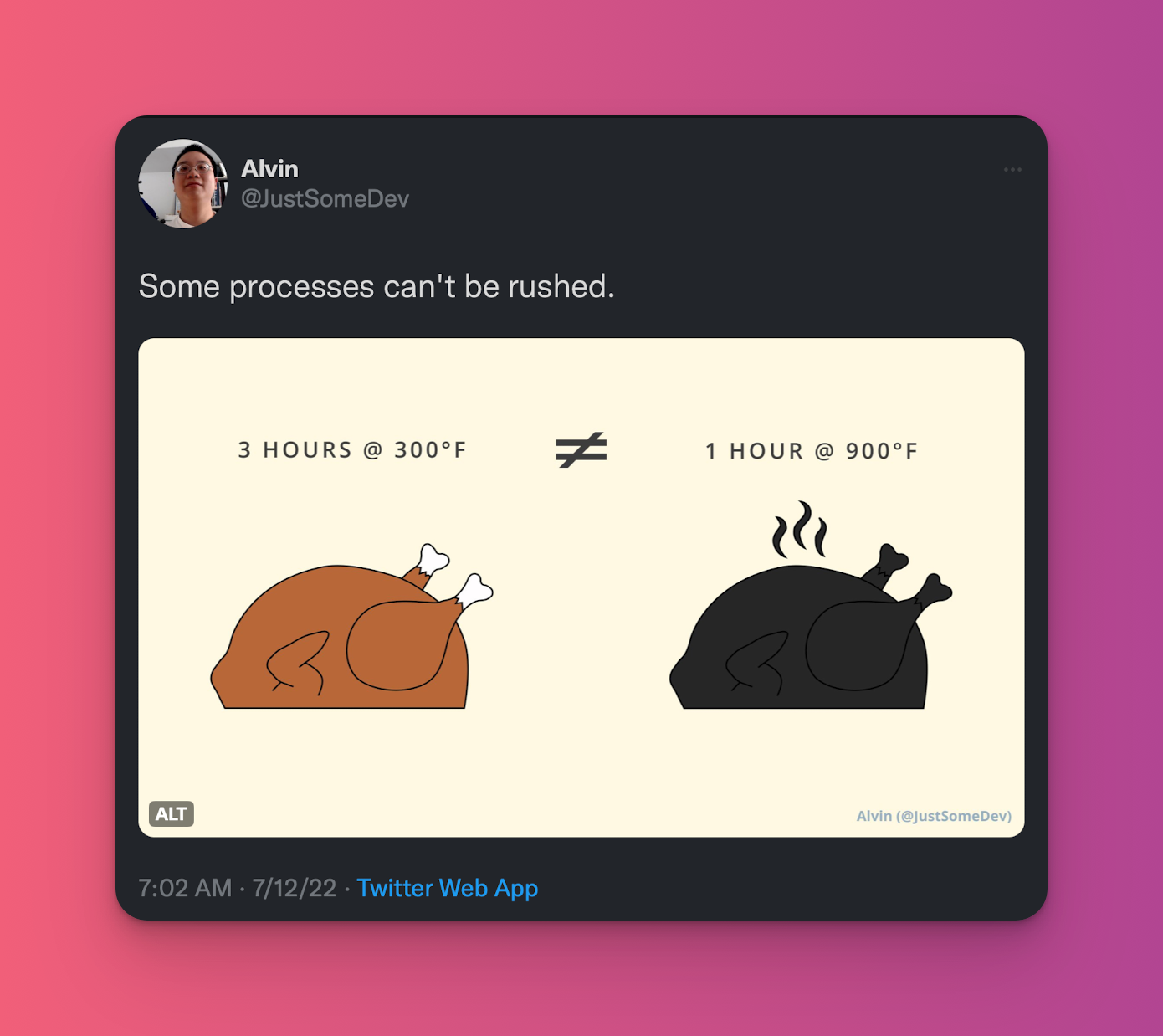Surviving the Ad-pocalypse…Again
Experience is a brutal teacher. One lesson, that is almost never passed along, is that creators should avoid advertising as a business model for as long as possible.

Sure, most of time, it seems like the easiest, fastest way to put food on the table, especially to a younger generation who grew up idolizing YouTubers and influencers — who all started their monetization journeys through ad revenue.
In fact, this week mega-popular YouTuber Marques Brownlee posted a video of business advice for Elon Musk on behalf of creators. In the video, he explains how, “The internet runs on ads.” He says without embracing this fact of content creation, Twitter may not survive.
He may be right about Twitter, but he misses the point about the sustainability of the business model. This is useful advice for a very specific kind of growth-obsessed, social, user-generated-content business. It’s not great advice for business in general on “the internet.”
Not every business needs to be a billion-dollar business, when a hundred million dollars may be more sustainable for the long run.
Advertising has always been an unstable business. It’s not the foundation you want to build upon. Depending on your business, it may not even be the supplemental income you want to bring in during the good times.
This week, FTX, a firm who sponsored countless creators – and even got the naming rights to an arena – seems to have been doing some really shady things. Lots of people, who trusted FTX’s celebrity spokespeople, influencers, and ads, will lose their money.
We seen this before — 2000 and 2007 come to mind. Our favorite content creators took truckloads of money from companies that ended up bankrupting the creators’ audiences.
Those wounds don’t heal. Companies can rebrand and resurrect. Individuals can’t.
As the ad market starts drying up again, remember this:
- It was predictable. I wrote about this ad model downturn throughout 2021.
- Ads are not as effective as other forms of marketing for your clients or your audience.
- Click fraud is routine. That’s one of many reasons online ads are relatively cheap.
- Clicks and opens don’t mean what they used to. The “transparency” advertisers thought they were getting into their audiences is going away fast.
- Curation and voice will matter more and more over time. Content is cheap. Finding useful content is valuable. All of it rests on the reputation of the person doing the curation and having the voice. Start of digression: Expect a giant shift at corporations, as they pay more for real people to express themselves in interesting ways, have real bylines, and stay for long enough to matter before (inevitably) going indie. And they will go indie. They will not rest their reputations on a partnership with an advertiser surrogate (the corporation) they do not fully control. The next decade will feature incredible short-term growth opportunities for individuals within corporate content channels. End of digression.
- You own every pixel of your audiences’ experience. You choose to cede some of those pixels to ads, or the ads and branding chosen by the network you’re using. It’s your responsibility.
- If you choose to cede those pixels, you are vouching for those advertisers and hosts. You may not believe you are doing that, but it’s not up to you. It’s up to your audience. It may not always mean legal liability, but it certainly means reputational liability.
- Anyone can sue anyone for any reason. Partnering with any company introduces risks. You need to be prepared for those risks no matter how little income you may derive from your content.
Are you ready to take on all of that for ad income?
If so, good luck to you. I hope you’re doing well enough to retain a decent lawyer and accountant too. I hope you know your advertiser well enough to rest your reputation and voice, in whatever small way, on their message.
If you’re just starting out, know that it’s not easy money. Nothing is. You are taking a long-term risk for short-term gain.
It’s a gamble.
You know what’s less of a gamble? Make your own thing. Communicate it directly and honestly with your audience. Then, make better and better things for them over time.